From the desk of Rosemary Laird, MD
Founder of Navigating Aging Needs (NAN), LLC

How To Better Communicate
For caregivers, communication is critical to your loved one’s health and wellbeing. It is important that you make sure you have a clear means of passing along information, comfort, and encouragement to your loved one. But you also need to serve as the centerpiece of your loved one’s caregiving universe, gathering and coordinating information from doctors and other healthcare experts, service providers, and others in your loved one’s caregiving “village”.

Coping With the Coming Holidays
For caregivers of a loved one with Alzheimer’s, navigating the holiday season can come with challenges. The key to success is to be prepared. Here are some tips on how to get ready.

Keeping Your Balance
While change is inevitable, how you respond to these changes is under your control, and can make a big difference for you and your loved one. Here are some ideas to help you maintain balance in your life emotionally, physically, and mentally.

Is It Safe To Leave My Loved One Alone?
One of the biggest responsibilities that comes with caring for a loved one with Alzheimer's disease is keeping them safe. This can be challenging as Alzheimer’s is a progressive disease, and so it can be hard to know when your loved one’s capabilities have declined to the point that you can no longer leave them alone by themselves in the house while you run an errand, for example, without risking a safety hazard.

Communicating with Your Caregiving Village
It is important to effectively communicate with healthcare professionals, outside experts, and helpers you rely on to give your loved one the best possible care along this journey.
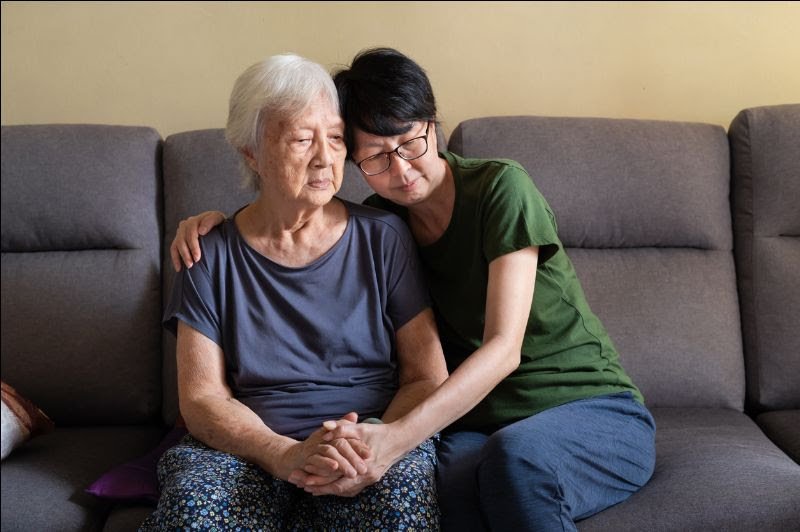
Coping with Changing Behavior
For caregivers of loved ones with Alzheimer's disease, coping with change can be a major challenge. As the disease progresses and ravages the mind, your loved one can experience a range of behavioral and psychological changes including bouts of agitation, aggression, anxiety, depression, and hallucinations. Review this list of strategies today and you will be better prepared to face your loved one’s challenging mood or behavior in the future.

Managing Day-to-Day
For caregivers, managing day-to-day activities can be burdensome. Here are some strategies that can help make these tasks easier.

You Are Not Alone!
Every caregiver will reach a point where they feel utterly alone. You may feel isolated, at your wit’s end, and overwhelmed by the long journey ahead. At times like these you need to remember that you are not alone! Your NAN Navigator is there to help you get the resources you need to move forward to a new day. Some of those resources are right here, in your community.

Managing Difficult Behaviors
Some of caregivers’ greatest challenges come from the mood, personality, and behavior changes that occur as Alzheimer’s progresses. We recommend handling these situations with a clear understanding that this behavior is not directed at you, but rather is caused by the biological impact of your loved one’s Alzheimer’s disease on their brain.

Time to Get Organized!
It’s the beginning of the new year, and it’s never too early to begin to get organized for the months to follow. After all, it’s a little cooler, the holidays are behind us, and spring, the time of rejuvenation, is just around the corner. For many people, perhaps yourself included, this is a time for general organizing of the household: Getting rid of clothes and other items that are no longer needed, re-organizing the kitchen, and in general trying to simplify your life.

Thanks, Partner!
As part of our ongoing partnership, our Navigators are continually listening for your feedback about topics that you’d like more information about, for example. And because we’re all about partnerships in the NAN offices, this information is shared among our team to help them plan our content production schedule for the website. As a result of your collaborative efforts, we have several new content offerings for you to check out, which we’ve created in response to your requests.

Your Greatest Hits!
Looking at the top 10 articles for 2002 — the “greatest hits” of the year — I can see some very positive patterns emerging among your interests. In turn, these patterns will help guide us in creating even more content in these areas in the future. Here are a few highlights from the most-viewed articles of 2022.

Back to the Basics!
I love the times of celebration, but I now find myself relishing the idea of life getting back to a somewhat normal schedule again as we head into the new year. It is a good time to focus on those fundamental areas where our loved ones might need some extra help.

You Year. New You!
It’s a tradition in the new year that many people make resolutions, but I’d like to recommend that you try something new this year: Try to start several “micro-habits.”
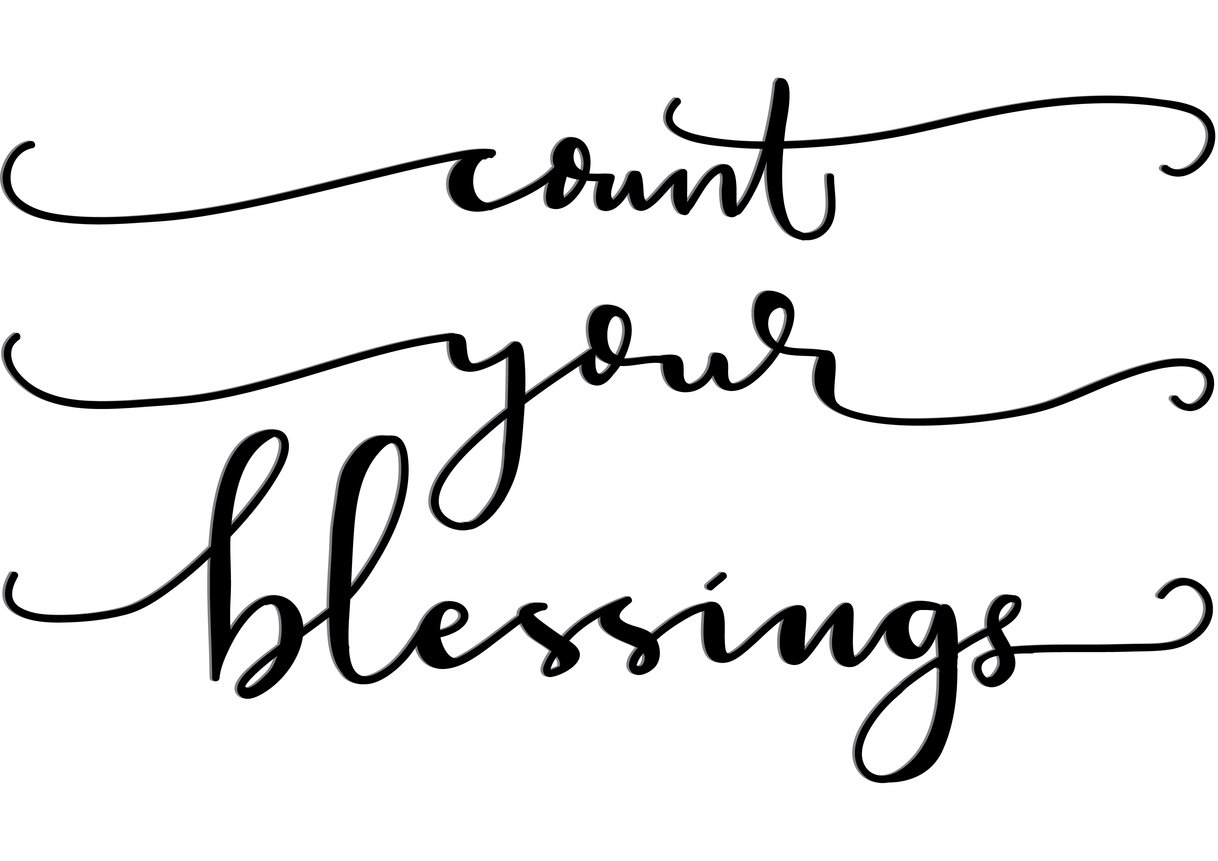
Let's Count Our Blessings!
Counting blessings may seem counterintuitive, given all you and your loved one have been going through this year and the uncertainty of the future. But surely, we are all blessed with this miracle of life, family, and community, which Alzheimer’s impacts, but cannot destroy.
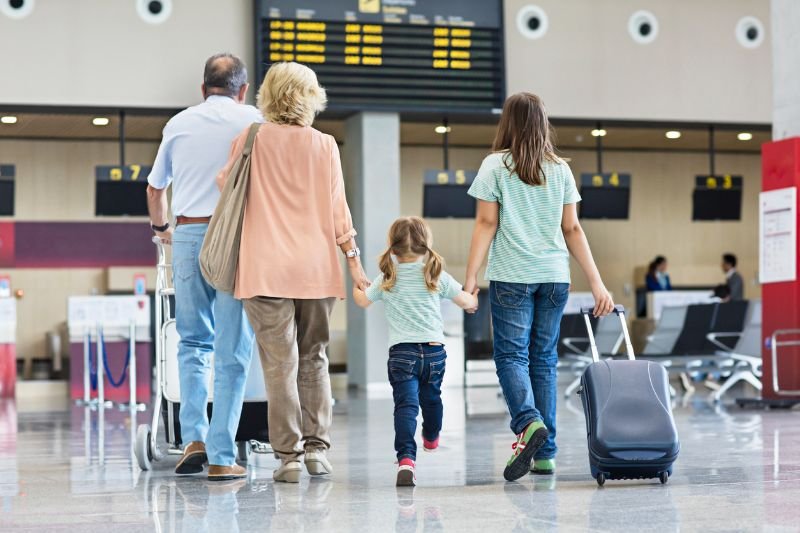
Navigating Holiday Travel
In today’s America, with families spread out all over the country, holiday celebrations can be challenging as you and your loved one may have to travel to join the celebration. But with the right planning and precautions, you can navigate these journeys with a "happy holidays" outcome. Here are some steps to consider.
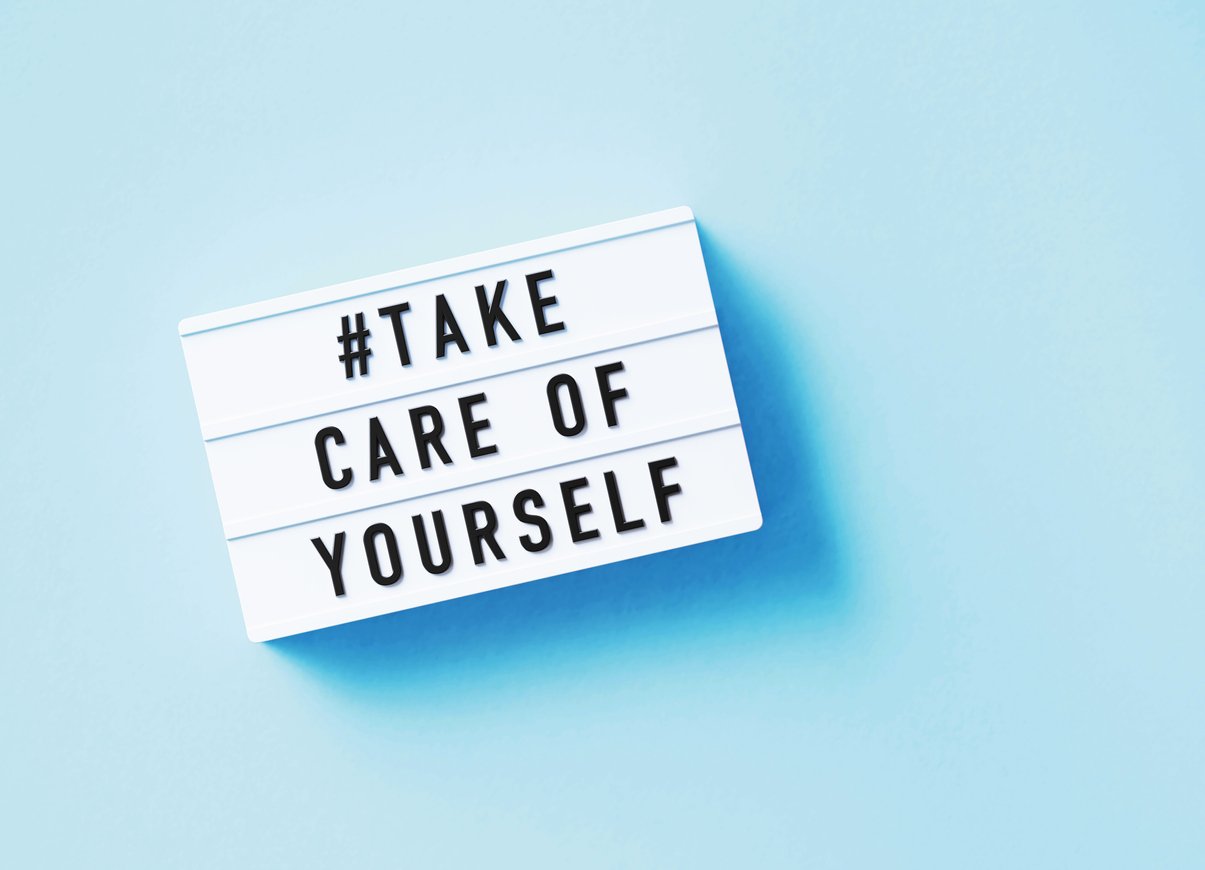
Take Care of Yourself!
The holiday season can be a heartwarming time of joy with the gathering of friends and family. But it’s not without its challenges: One guest is a vegan and so has dietary restrictions; another brings a toddler who wanders underfoot; another guest needs transportation to the airport. And so on. We adapt and accommodate these challenges because they are labors of love. Remember, however: While during this holiday season you will no doubt do much for others ― you absolutely need to do something for yourself, too!

Managing the Stress of the Holidays
Holidays are traditionally a spirited, happy time, but they can be challenging for caregivers, their loved ones, and their families and friends. There are ways to help maintain the enjoyment of the holiday time, however, and let everyone focus on the family ― even if someone in that family has Alzheimer’s Disease.
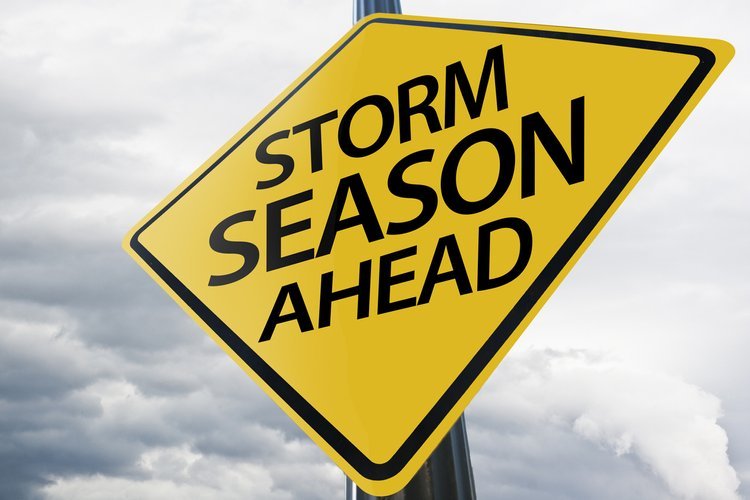
Get Ready for Nicole!
As another hurricane bears down on Florida, please take a few moments to learn about the risks and take steps to protect yourself.
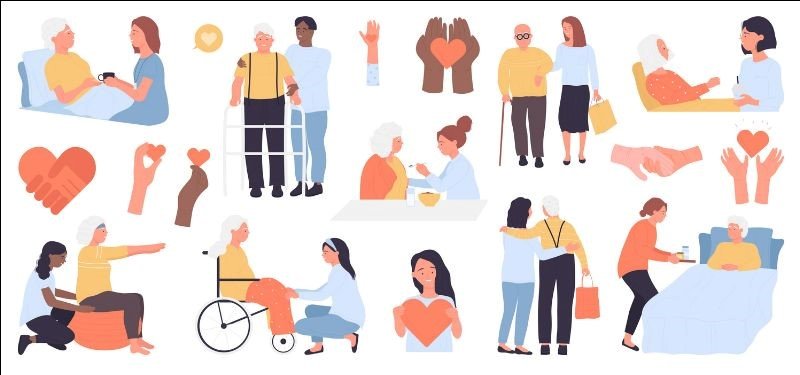
It’s National Family Caregiver Month!
As the U.S. Department of Health and Human Services website states, “Celebrated every November, National Family Caregivers Month (NFCM) is a time to recognize and honor family caregivers across the country.” Here are some ways you can embrace your role as a family caregiver.

